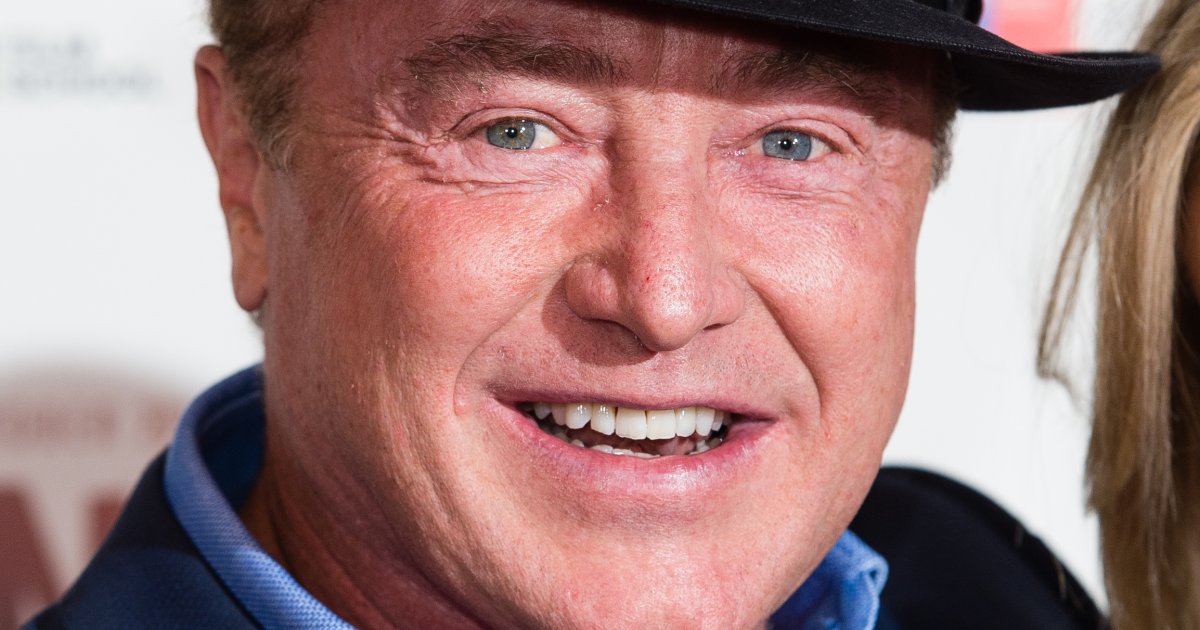Flatley Supports Cancer Survivors
- Riverdance’s celebrated 90s dancing icon Michael Flatley was recently named an ambassador for Co Saolfada in Ireland, “a symbolic county for cancer survivors.”
- Flatley is a melanoma survivor. He was diagnosed in 2003.
- Arming yourself with a strong support team friends, family, partner while fighting cancer can make the journey feel less daunting.
Co Saolfada was created by the Irish charity Breakthrough Cancer Research as a metaphorical space for cancer survivors in Ireland. In Ireland, approximately 45,000 people are diagnosed with cancer each year. There are roughly 200,000 survivors and cancer fighters in Ireland living today. Along with Flatley, Breakthrough Cancer Research, appealed to the Taoiseach (the prime minister of Ireland) this week for the official creation of the county, Co Saolfada, as a place for the cancer survivors in Ireland.
Read MoreCoping with a Cancer Diagnosis
When someone is first diagnosed with cancer, it can feel scary, and even downright debilitating. Some people may experience grief, anxiety, and depression following a cancer diagnosis. Know that this is normal, and help is available to you. For those experiencing serious mental health problems as a result of a diagnosis, it’s important to seek help.
Dr. Scott Irwin of Cedars-Sinai explains in an earlier interview why it’s critical to treat mental health problems when battling cancer. He says, “Depression is a really interesting topic, because a lot of people assume that, oh, they have cancer. They must be depressed. That’s actually not true. 85% of patients do not get what would be considered clinical depression.”
Related: "Therapy Saved My Life": After Losing A Loved One, Don't Be Afraid To Ask For Help
Dr. Irwin says only 15% of people experience clinical depression, and that seeking treatment for it is important. “Depression and stress make it harder to treat cancer, make it harder to tolerate the treatments,” he says. “For prescribing medications for depression in the context of cancer, I often try to choose medications with the lowest side effect profile. If patients are getting hormonal therapy, there’s particular antidepressants that we can’t use, because they may lower the effectiveness of that hormonal therapy. And so we choose antidepressants that don’t impact the cancer care.”
Treating Depression After a Cancer Diagnosis
Finding Support Through Cancer
With ambassadors like Flatley, those battling cancer know that they have people on their side, rooting for them. It’s important to surround yourself with supportive people when fighting cancer. A strong support network may help the journey feel easier and less daunting.
Sometimes, support is found in friends, your family, or a partner. Cancer survivor and actress Jill Kargman tells SurvivorNet in an earlier interview how cancer can be the death knell or lighter fluid (igniting further love and support) for a relationship. She says, “I think cancer is a great way to find out if you’re with the love of your life or a shithead. I think it presses the fast forward button on getting to the bottom of that answer, because a lot of people in middle age are kind of at a crossroads, waiting for their kids to fly the coop.”
“And I think if you’re with someone who is not supportive and kind of emotionally checked out or doesn’t tell you you’re still beautiful with that, this might not be your person,” says Kargman.
Jill Kargman on Relationships and Cancer
Learn more about SurvivorNet's rigorous medical review process.


